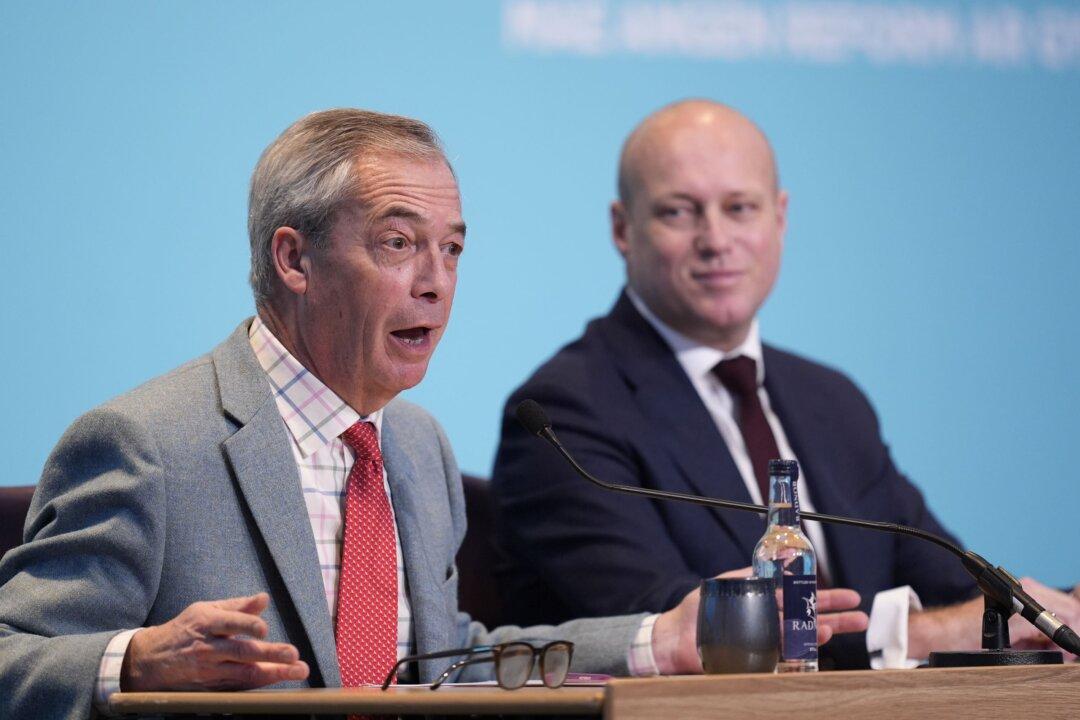The vital work of the security services to protect against terrorism should not be overlooked, a former MI6 chief has said, as the world marks the 20th anniversary of the 9/11 terror attacks on the U.S.
Sir Richard Dearlove, who headed the secret intelligence service between 1999 and 2004, told a memorial event in London that “we owe a debt to the diligence and skill of the women and men of our intelligence and security community.”




